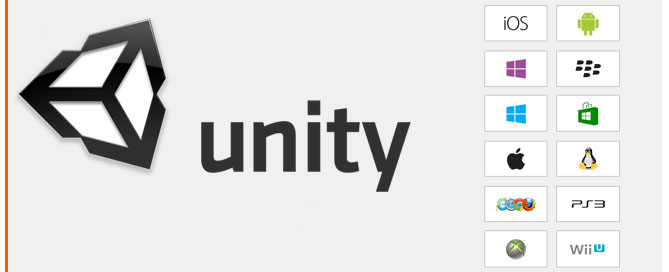How to access properties of a nested class from another script.
Accesso ad una proprietà all’interno di una classe annidata in uno script esterno.
Create an ‘Empty Object’ and attach the scripts:
– SomeClass.cs
using UnityEngine;
using System.Collections;
public class SomeClass : MonoBehaviour // deve essere MonoBehaviour anche questa o non funziona
{
// proprietà della classe principale
public int bullets = 10;
// classe annidata
[System.Serializable] // DEVO dichiarala Serializable o non si può accede da uno script esterno
public class Something
{
// proprietà della classe annidata
public int fuel = 15;
}
public Something Some; // la inserisco in una variabile
}
– SomeOtherClass.cs
using UnityEngine;
using System.Collections;
public class SomeOtherClass : MonoBehaviour
{
void Start()
{
// il nome SomeClass è quello dello script SomeClass.cs
SomeClass SomeClassScript = transform.GetComponent<SomeClass>();
// variabile che contiene la classe principale . proprietà
Debug.Log(SomeClassScript.bullets); // 10
// nomeScript.nomeVariabileClasse.proprietà
Debug.Log(SomeClassScript.Some.fuel); // 15
}
}
Come funziona?
1. SomeOtherClass.cs
– memorizza in una variabile lo script ottenuto con GetComponent
– richiama la proprietà della classe principale SomeClassScript.bullets
– richiama la proprietà della classe annidata SomeClassScript.Some.fuel
2. SomeClass.cs
– dichiaro l’accessibilità della classe dall’esterno serializzandola [System.Serializable]
– inserisco la classe in una variabile public Something Some
Posso notare che poi la chiamata sarà su – Some – SomeClassScript.Some.fuel



